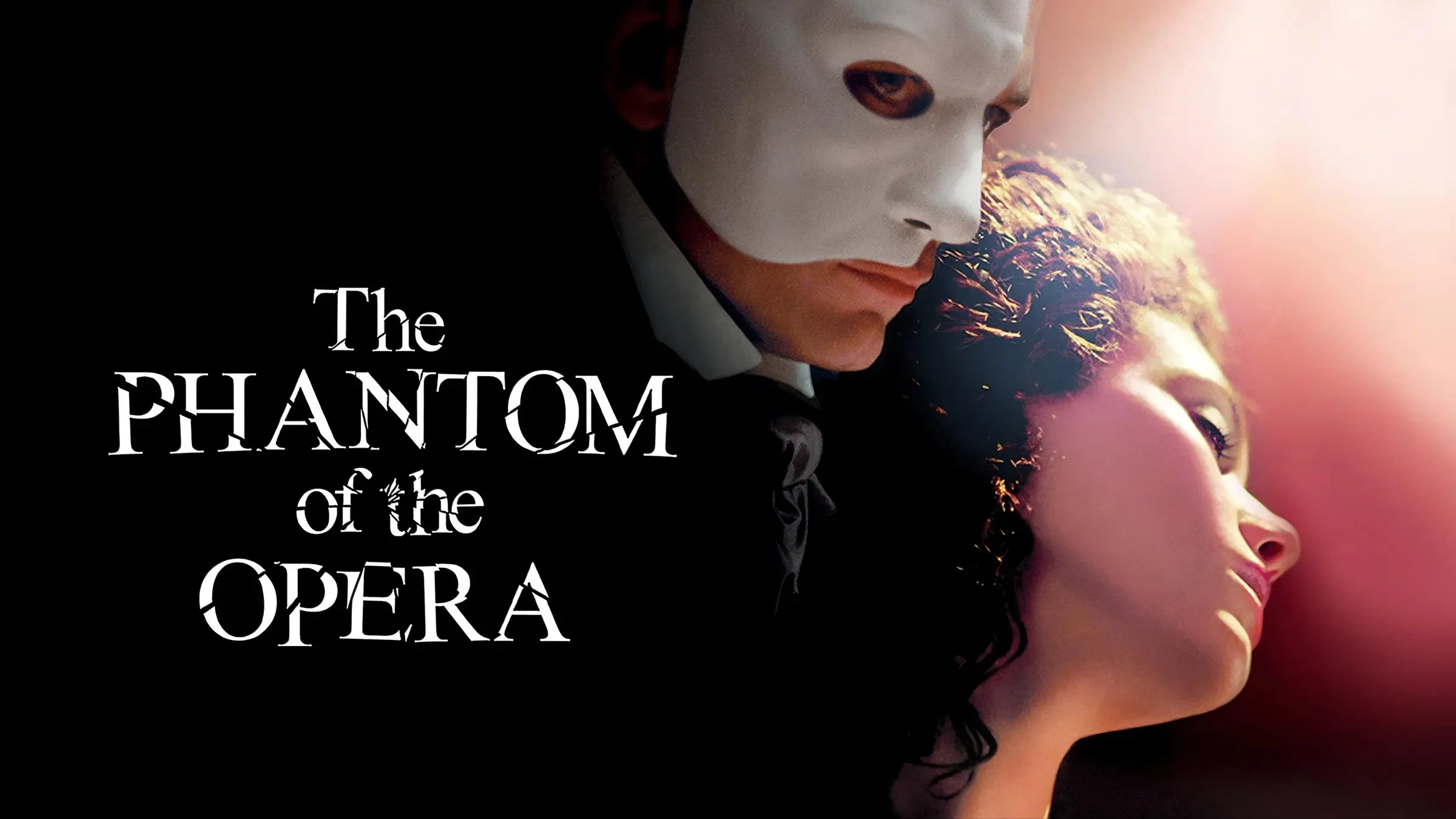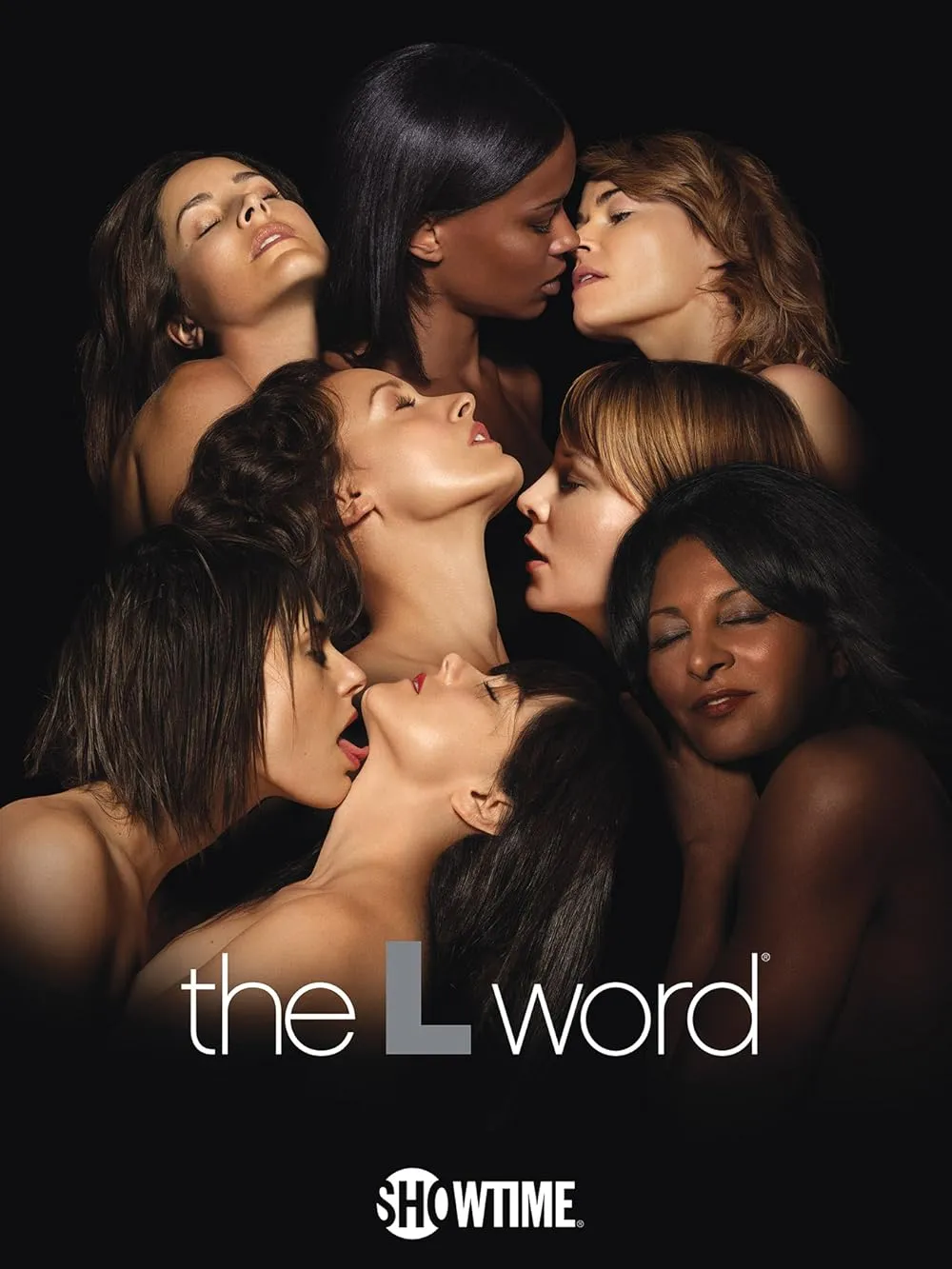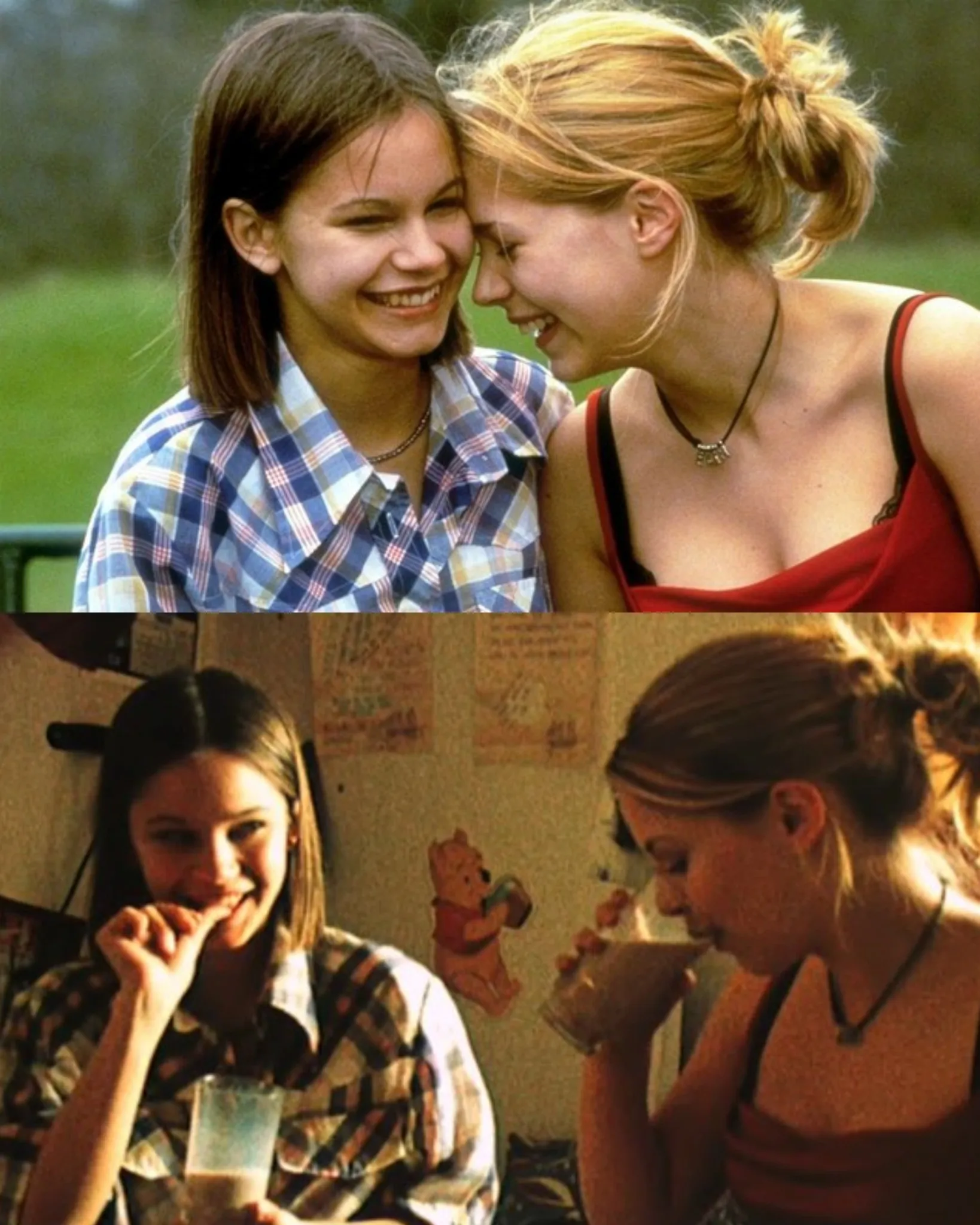The Phantom of the Opera (2004), directed by Joel Schumacher, is a visually stunning and emotionally captivating adaptation of Andrew Lloyd Webber’s iconic musical, which in turn is based on Gaston Leroux’s classic 1910 novel. The film stars Gerard Butler as the enigmatic Phantom, Emmy Rossum as Christine Daaé, and Patrick Wilson as Raoul, with a supporting cast that brings depth to the film’s portrayal of love, obsession, and tragedy. Set against the grand backdrop of the Paris Opera House in the late 19th century, the story explores the dark and complex relationships between Christine, the beautiful young soprano; Raoul, her childhood love; and the Phantom, a mysterious and disfigured recluse who lives beneath the opera house and is obsessed with Christine. The film combines elements of romance, mystery, and melodrama, underscored by Andrew Lloyd Webber’s memorable score, resulting in a captivating cinematic experience. The film begins with an older Raoul (Patrick Wilson) attending an auction at the Paris Opera House, where he reflects on the events that transpired years earlier. Through a flashback, the story of Christine Daaé (Emmy Rossum), a young and talented singer, unfolds. Christine is thrust into the limelight as the opera house’s rising star, but she is also under the secret influence of the Phantom (Gerard Butler), a brilliant composer whose face is hideously disfigured. The Phantom secretly tutors Christine in the art of singing and has fallen in love with her, believing her to be his “angel of music,” a savior he has long waited for. Unbeknownst to Christine, the Phantom’s obsession with her becomes all-consuming, and he begins to manipulate the events at the opera house, ensuring that she receives the lead roles in performances, and even issuing threats to the opera house managers to maintain his control. Christine, however, is unaware of the Phantom’s true identity and believes that her musical success is due to divine inspiration.

As Christine’s career blossoms under the Phantom’s guidance, she reconnects with Raoul, her childhood friend, who has now returned as a wealthy nobleman. Raoul’s affections for Christine are sincere, and he immediately falls in love with her again. However, Christine finds herself torn between her feelings for Raoul and her gratitude and growing sympathy for the Phantom, whose love for her is passionate and obsessive. The tension between the Phantom and Raoul intensifies, as the Phantom’s jealousy and possessiveness escalate. The film beautifully captures the internal conflict Christine faces—her love for Raoul and her growing fear of the Phantom’s dark influence. The Phantom’s manipulation becomes more violent, forcing Christine into a corner. He kidnaps her and takes her to his underground lair, revealing his true face and his twisted, yet heartfelt, desire for her love. His emotional outbursts and desperate pleas for Christine to love him contrast with his dark, vengeful actions, making him a tragic figure in the story. He wishes for her to choose him over Raoul, but his actions only push her further away. The dynamic between Christine, the Phantom, and Raoul culminates in a tense, high-stakes confrontation at the opera house during the performance of Don Juan Triumphant, a play written by the Phantom himself. In this climactic scene, the Phantom’s presence threatens to destroy the production, and chaos erupts as he demands that Christine be given the lead role, or he will destroy the opera house. Christine, now fully aware of the Phantom’s torment and danger, faces an agonizing choice between the man who has protected and manipulated her and the man who offers her a more traditional path of love and safety. This central dilemma—whether Christine will choose love, freedom, or stay bound to the Phantom’s obsessive and controlling affection—forms the emotional heart of the film.

The final act of the film brings the story to a tragic yet redemptive conclusion. After Christine chooses Raoul, the Phantom’s heart is broken, and his grief leads to his ultimate self-destruction. In a moment of clarity and compassion, the Phantom lets Christine go, realizing that his love for her can never be fulfilled, and that his possessive nature will only lead to destruction. He makes the selfless choice to release her and allow her to live her life with Raoul. As the Phantom disappears into the shadows, the final moments of the film show him embracing his isolation, choosing to vanish from the world rather than face the harsh truth of his unrequited love. Christine and Raoul escape the opera house, but the Phantom’s legacy remains—his haunting music echoing through the empty halls as a testament to a love that could never be. The Phantom of the Opera (2004) is a powerful film that combines stunning visuals, incredible performances, and a deeply emotional narrative. The lavish sets and costumes transport viewers to the opulent world of the Paris Opera House, while the hauntingly beautiful music by Andrew Lloyd Webber, including songs such as “The Phantom of the Opera,” “Think of Me,” and “All I Ask of You,” elevates the emotional impact of the story. Gerard Butler’s portrayal of the Phantom is complex and multifaceted, capturing both his menacing darkness and his vulnerable, tragic side. Emmy Rossum gives a remarkable performance as Christine, beautifully conveying her internal conflict and growing realization of the power of both love and fear. Patrick Wilson’s portrayal of Raoul adds a sense of hope and lightness, as his love for Christine represents the purity and safety she ultimately seeks. At its core, The Phantom of the Opera is a story about love, obsession, and the destructive power of unrequited affection. It explores the fine line between love and obsession, highlighting the devastating consequences of attempting to possess someone through manipulation and fear. The Phantom’s journey is ultimately tragic, as his inability to comprehend love without control leads to his isolation and self-destruction. In contrast, Christine and Raoul represent the possibility of love that is free and unburdened by dark, obsessive forces. The film’s ending, while heartbreaking, offers a sense of catharsis and closure, as the Phantom’s actions ultimately lead to his own salvation through self-sacrifice. The Phantom of the Opera remains a timeless classic, offering a haunting exploration of the complexities of love, loss, and the pursuit of happiness.


-1739844257-q80.webp)

